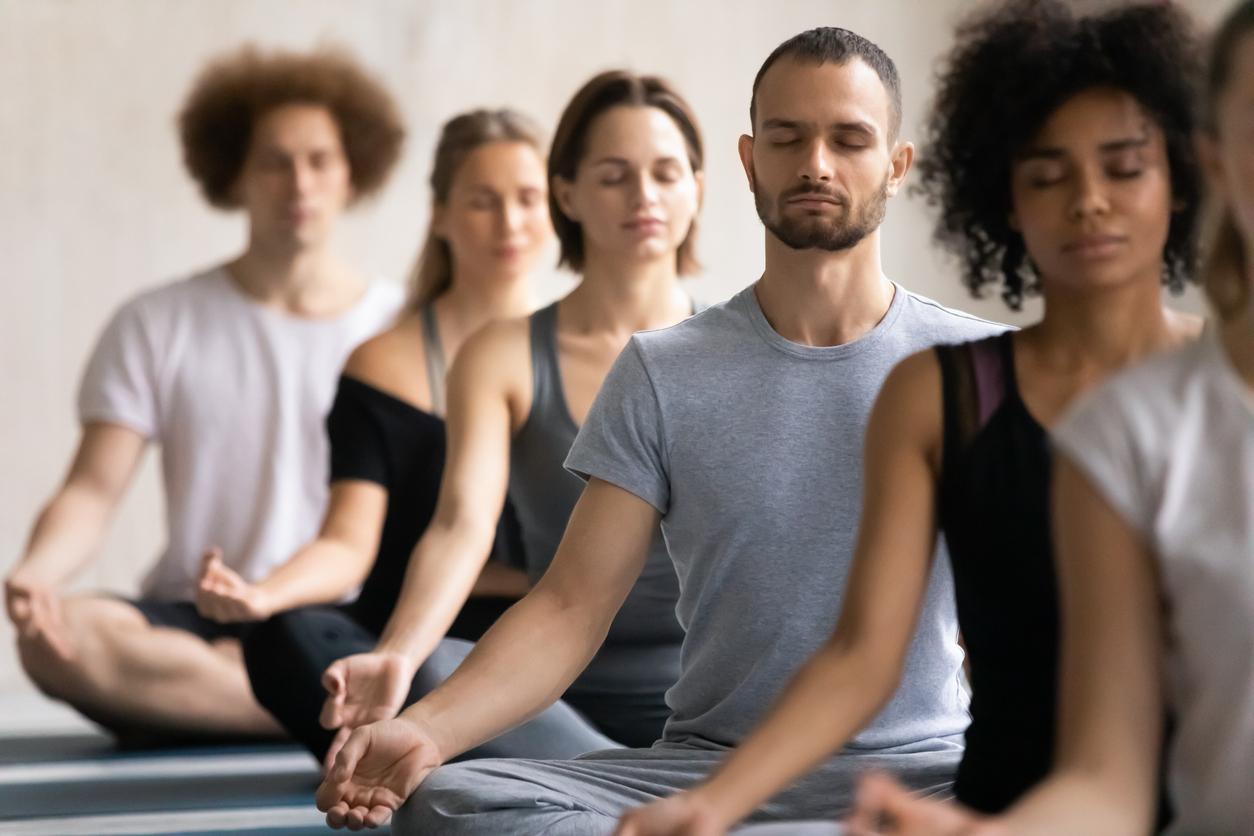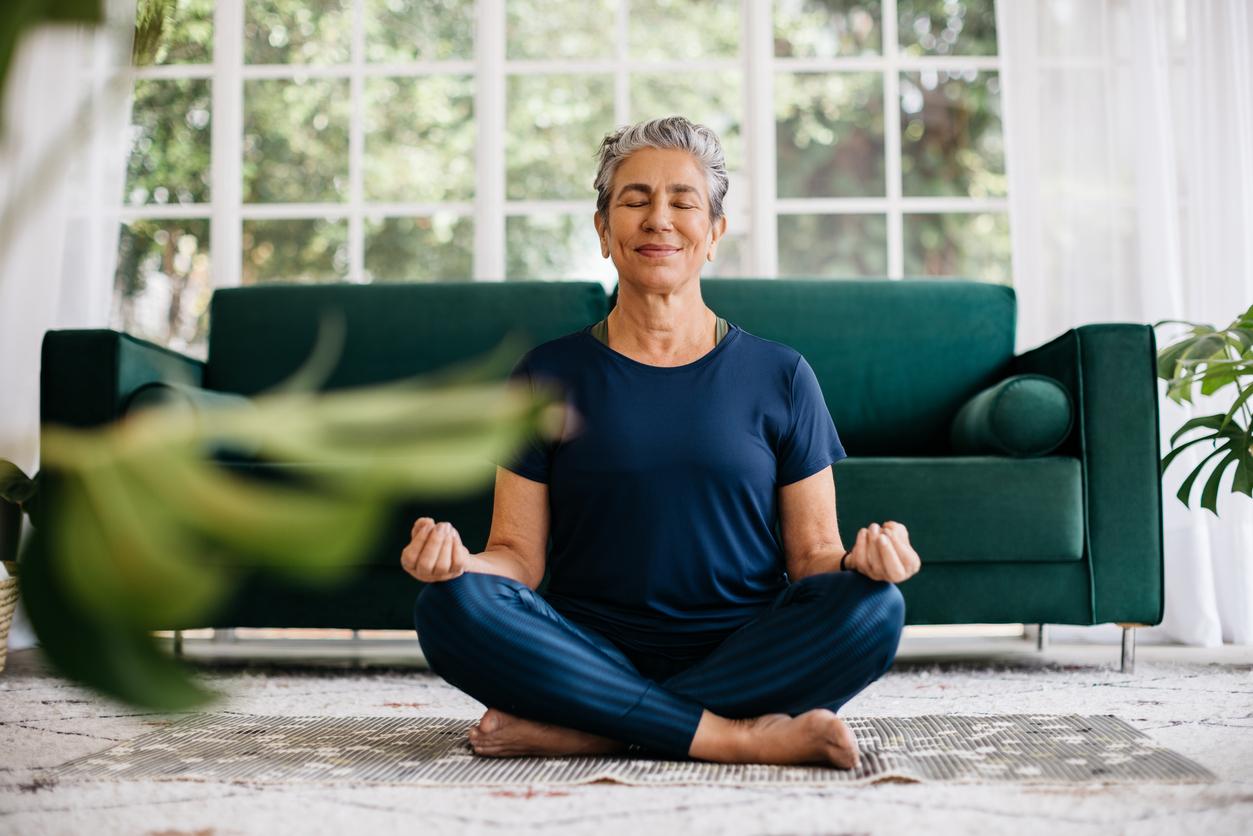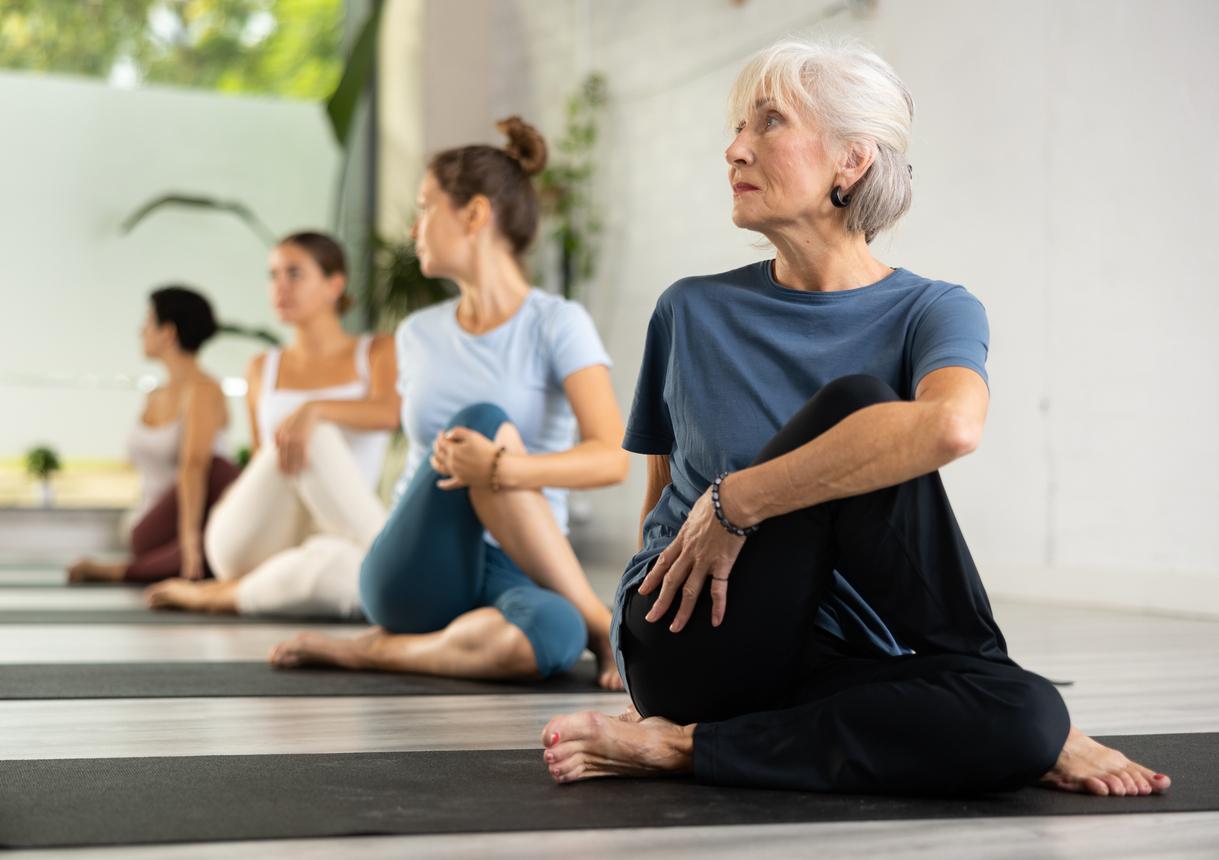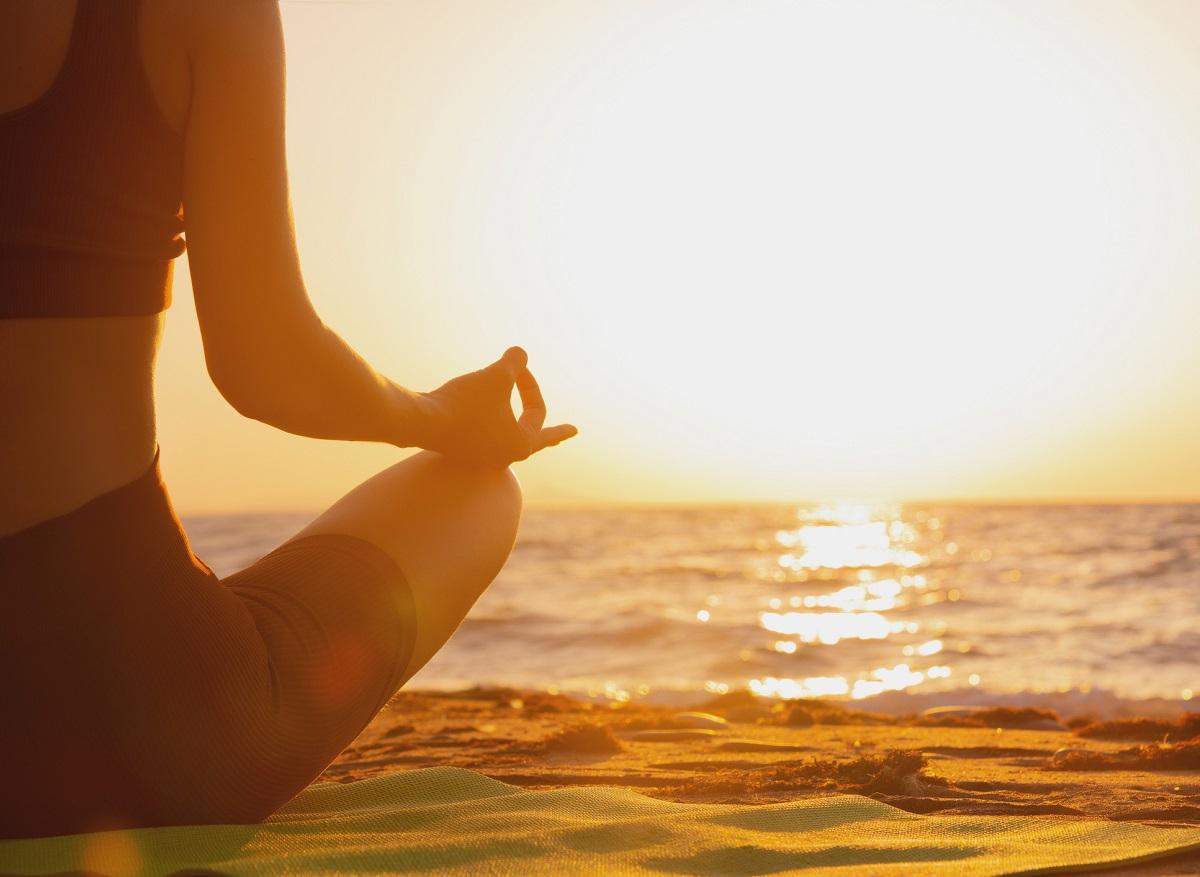June 10, 2008 – According to the results of an Italian study, several body-mind approaches are effective in reducing anxiety. Meditation stands out in particular from the different techniques analyzed.
Researchers reviewed data from 19 controlled clinical trials involving 1,231 subjects1. They evaluated various mind-body approaches used to reduce anxiety, including progressive relaxation.2, applied relaxation3, meditation and autogenic training.
The researchers measured the therapeutic extent of the different techniques, according to an index which reflects the importance of the benefits of a treatment on the relief of the symptoms felt by the subjects.
On average, the various approaches tested obtained an index of 0.5136. This result corresponds to a therapeutic efficacy which can be qualified as “good” to “excellent”. Such an index means that 70% to 80% of the subjects treated saw their anxiety decrease.
The therapeutic effect was assessed based on the reduction in anxiety measured using proven psychometric questionnaires. Applied relaxation obtained the highest result, but the effectiveness of this technique has yet to be demonstrated since it was the subject of only one trial among those included in the study.
Magnitude of effect on anxiety (trials with control groups)
|
Approaches |
Index |
%* |
|
Applied relaxation |
0.9490 |
83% |
|
Meditation |
0.8588 |
80% |
|
Gradual relaxation |
0.5540 |
71% |
|
Autogenic training |
0.4179 |
66% |
|
Multiple approaches |
0.4265 |
66% |
|
Other techniques |
0.4312 |
66% |
|
Overall average |
0.5136 |
70% |
* Percentage of subjects treated who saw their anxiety reduced.
Pierre Lefrançois – PasseportSanté.net
1. Manzoni GM, Pagnini F, et al. Relaxation training for anxiety: a ten-years systematic review with meta-analysis. BMC Psychiatry. 2008 Jun 2; 8 (1): 41. Full text: www.biomedcentral.com
2. Jacobson’s progressive relaxation involves conscious education of different muscle groups through contraction followed by relaxation.
3. Applied relaxation (called Öst) is a psychotherapeutic approach derived from progressive relaxation. More elaborate than the latter, it is used in particular to treat phobias.

















